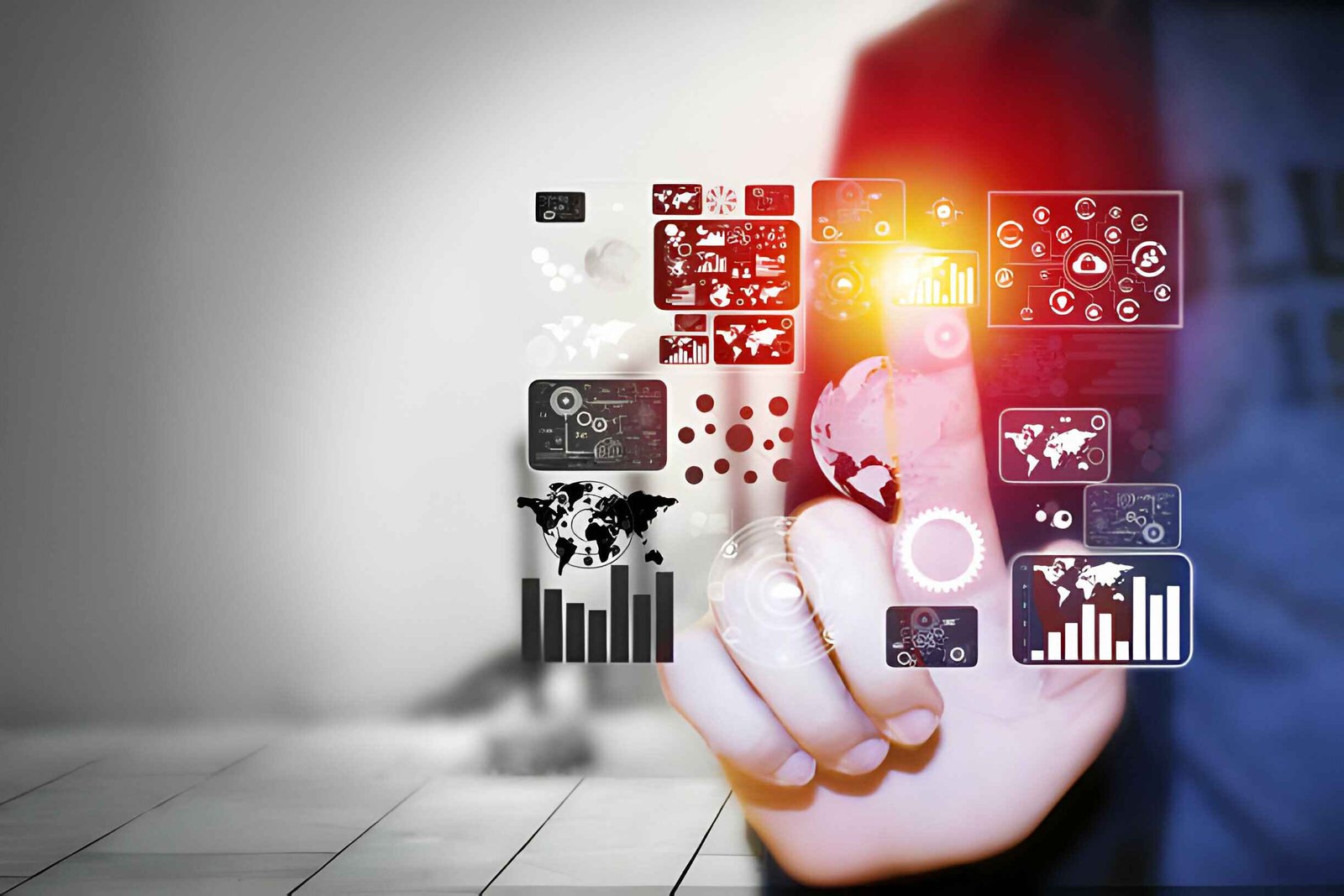In today’s fast-paced digital age and being a responsible digital citizen entails more than just using technology; it involves leveraging it effectively to enhance productivity & efficiency. From remote work and online collaboration to digital tools and cybersecurity practices and the modern digital citizen navigates a complex landscape to make the most of technological advancements. This article delves into the strategies and tools that digital citizens employ to stay productive and efficient, and responsible in their digital endeavors.
Understanding Digital Citizenship
Digital citizenship refers to the responsible use of technology to engage in society and politics, and the economy. It encompasses a range of skills and from basic digital literacy to critical thinking, ethical behavior, and online safety. A digital citizen is someone who not only uses technology but also understands its implications & uses it judiciously to contribute positively to society.
Key Traits of a Productive Digital Citizen
Digital Literacy: A productive digital citizen is proficient in using digital tools & platforms. This includes skills such as navigating operating systems, using software applications and conducting online research, and evaluating digital information for credibility.
Critical Thinking: Critical thinking is essential for analyzing & synthesizing information from various digital sources. Productive digital citizens question assumptions, evaluate evidence, & make informed decisions based on reliable data.
Time Management: Efficient time management is crucial in the digital realm where distractions abound. Digital citizens use productivity techniques and tools to prioritize tasks and set goals, & allocate time effectively for work & leisure activities.
Collaboration Skills: Collaboration often occurs in virtual environments through platforms like email and video conferencing, and project management tools. Productive digital citizens excel in communicating and sharing ideas, & working collaboratively with remote teams.
Cybersecurity Awareness: With the proliferation of cyber threats and digital citizens must be vigilant about cybersecurity. They use strong passwords, update software regularly, avoid phishing scams, & protect sensitive information to maintain a secure digital presence.
Strategies for Productivity and Efficiency
Adopting Digital Tools: Productive digital citizens leverage a variety of digital tools to streamline tasks and workflows. These may include project management software (e.g., Asana, Trello), communication tools (e.g., Slack, Microsoft Teams), productivity suites (e.g., Microsoft Office 365, Google Workspace), and automation tools (e.g., Zippier, IFTTT).
Implementing Time Management Techniques: Time management techniques such as the Pomodoro Technique, time blocking, & task prioritization help digital citizens optimize their productivity. By breaking work into manageable intervals and staying focused, and avoiding multitasking, they achieve more in less time.
Embracing Remote Work: The rise of remote work has reshaped the way people work & collaborate.
Continuous Learning: Technology evolves rapidly, & digital citizens must stay updated with the latest trends and developments. They engage in continuous learning through online courses, webinars, podcasts, & professional networking to enhance their skills & adapt to changing digital landscapes.
Practicing Digital Wellness: Digital wellness involves maintaining a healthy relationship with technology. Productive digital citizens practice digital detoxes and limit screen time, practice mindfulness, & prioritize offline activities to prevent burnout & maintain overall well-being.
Case Studies of Productive Digital Citizens
By adopting time management techniques and embracing remote work, she efficiently manages multiple projects while maintaining a flexible work schedule.
His continuous learning mindset enables him to enhance his coding skills, explore new technologies, and solve complex problems effectively.
Emily, a digital marketing manager, prioritizes cybersecurity by using encrypted communication tools, implementing two-factor authentication, and conducting regular security audits. Her proactive approach to cybersecurity safeguards sensitive data and minimizes cyber threats for her team and organization.
Conclusion
Being a technology for productive and efficient digital citizen involves more than just technical skills; it requires a mindset of responsibility, continuous learning, and adaptability. By leveraging digital tools, practicing time management techniques, embracing remote work, prioritizing cybersecurity, and maintaining digital wellness, individuals can thrive in the digital age while contributing positively to society. As technology continues to evolve, digital citizens play a pivotal role in shaping a sustainable and inclusive digital future.





